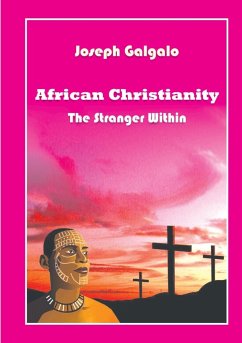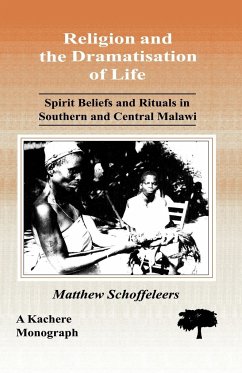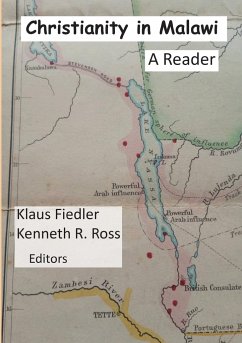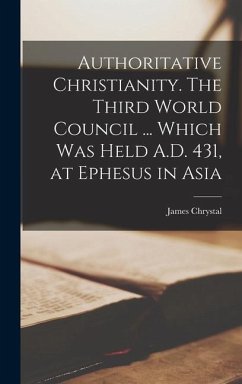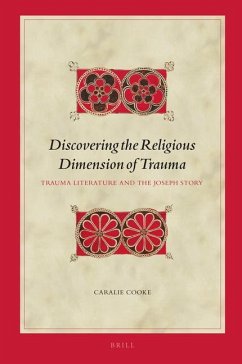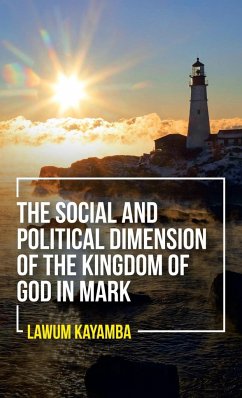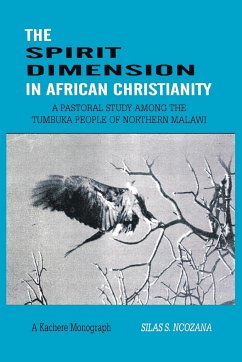
The Spirit Dimension in African Christianity. A Pastoral Study among the Tumbuka People of Northern Malawi
Versandkostenfrei!
Versandfertig in 1-2 Wochen
48,99 €
inkl. MwSt.

PAYBACK Punkte
24 °P sammeln!
Much of Africa was transformed into a Christian continent within a few generations, changing profoundly the nature of the continent's religion; but the spirits of the old religions did not necessarily disappear. 'Spirit possession' and 'spirit affliction' cults, often institutionalised in African religions, are still common in many societies, also those which are now predominantly Christian. Silas Ncozana's work sets out to explore the implications of spirit possession for the Tumbuka people, the largest ethnic group in the North of Malawi - about ten percent of the overall population, many of...
Much of Africa was transformed into a Christian continent within a few generations, changing profoundly the nature of the continent's religion; but the spirits of the old religions did not necessarily disappear. 'Spirit possession' and 'spirit affliction' cults, often institutionalised in African religions, are still common in many societies, also those which are now predominantly Christian. Silas Ncozana's work sets out to explore the implications of spirit possession for the Tumbuka people, the largest ethnic group in the North of Malawi - about ten percent of the overall population, many of whom converted to Christianity in the latter part of the nineteenth century. He considers both the functions of traditional spirit cults, and the Christian Holy Spirit describing how the Tumbuka moved away from possession in a traditional sense to possession with a Christian understanding of spirit; and how these people built traditional cultural expression into a new culture. The author then outlines the implications of these shifts for pastoral care.





